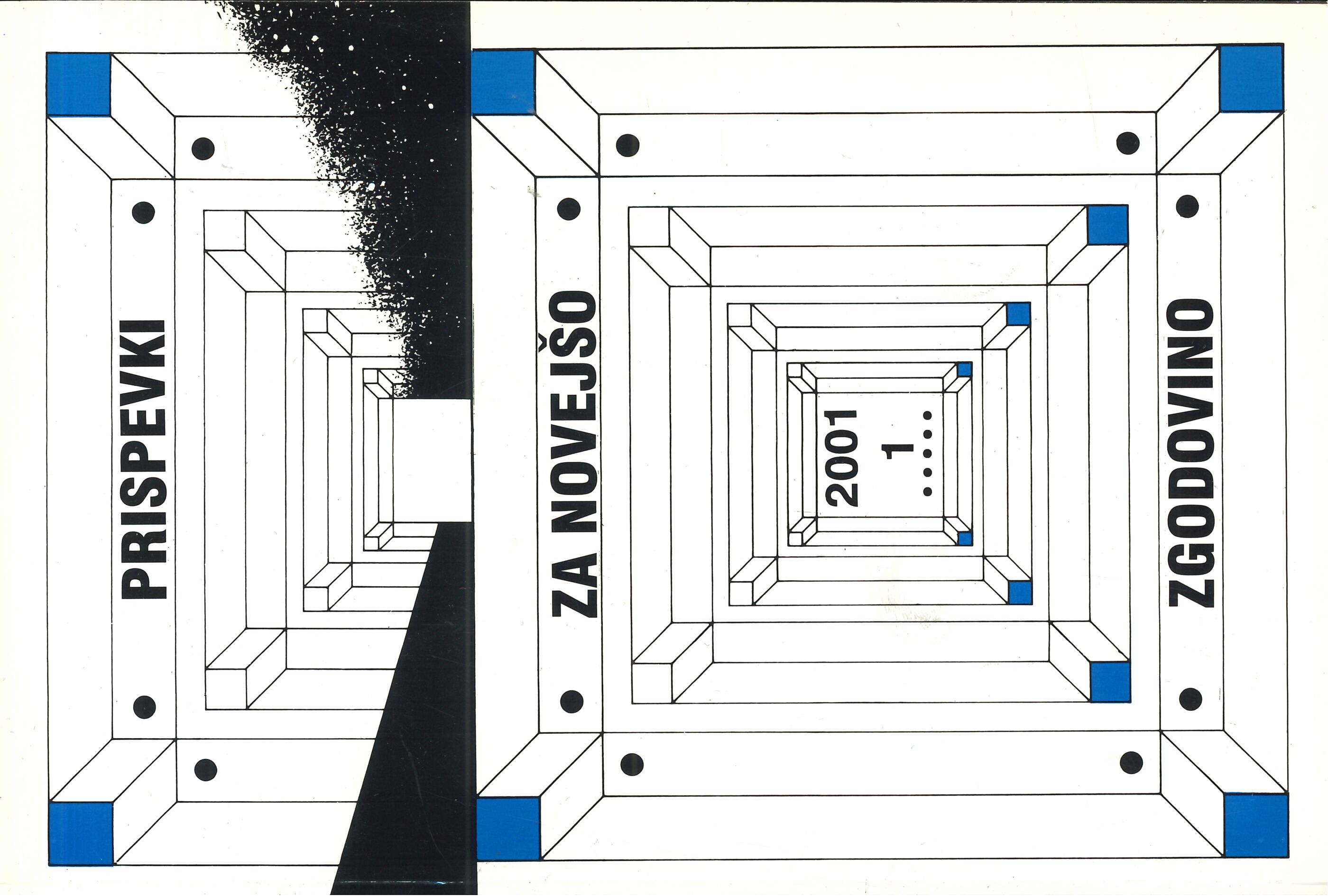Niko Županič and the Issue Jugoslavism
Between Politics and Anthropology (1901-1941)
Keywords:
Yugoslavism, Austro-Hungary, Yugoslav Committee, The Kingdom of Yugoslavia, Radical Party, unitarism, Serbia, national stereotypes, Balkans, Anthropology, Ethnology, racial scienceAbstract
A biographical outline of the Slovene Anthropologist and Ethnologist Niko Županič (1876-1961) is the starting point for a discussion of integral Yugoslavism among the Slovenes from the early 20th century until 1941. Županič stems from the region of Bela krajina and studied history, geography and ethnology at the University of Vienna. In 1907 hmoved to Belgrade, where he worked as curator in the Cultural Arts Museum and in the Ethnographical Museum. During World War I he was member of the Yugoslav Committee. He returned to Slovenia in 1921, where he became director of the Ethnographical Museum in Ljubljana. In 1922/23 he was minister in the Yugoslav government of the radical Nikola Pašić for some months, but his efforts to promote the Radical Party in Slovenia, which wars originally a Serbian party, remained fruitless. The reasons for this failure have to be considered in the already distinct political constellation in Slovenia, where the Liberals were considered more apt to represent the option of integral Yugoslavism. During his political career Niko Županič pursued the concept of a biologist version of Yugoslavism which was influenced by the Serbian geographer Jovan Cvijić and was based upon the approaches of "racial science". It proclaimed the dominance of the Yugoslavs in the Balkans, which were on a level with the "German race", while it disparaged Albanians, Greeks and partly Bulgarians. This concept seems to be a Slav reaction on German racist ideas, which were modern in Vienna in the early 20th century.
Downloads
Published
Issue
Section
License
Authors who publish with this journal agree to the following terms:
- Authors retain copyright and grant the journal right of first publication with the work simultaneously licensed under a Creative Commons Attribution License that allows others to share the work with an acknowledgement of the work's authorship and initial publication in this journal.
- Authors are able to enter into separate, additional contractual arrangements for the non-exclusive distribution of the journal's published version of the work (e.g., post it to an institutional repository or publish it in a book), with an acknowledgement of its initial publication in this journal.
- Authors are permitted and encouraged to post their work online (e.g., in institutional repositories or on their website) prior to and during the submission process, as it can lead to productive exchanges, as well as earlier and greater citation of published work (See The Effect of Open Access).


